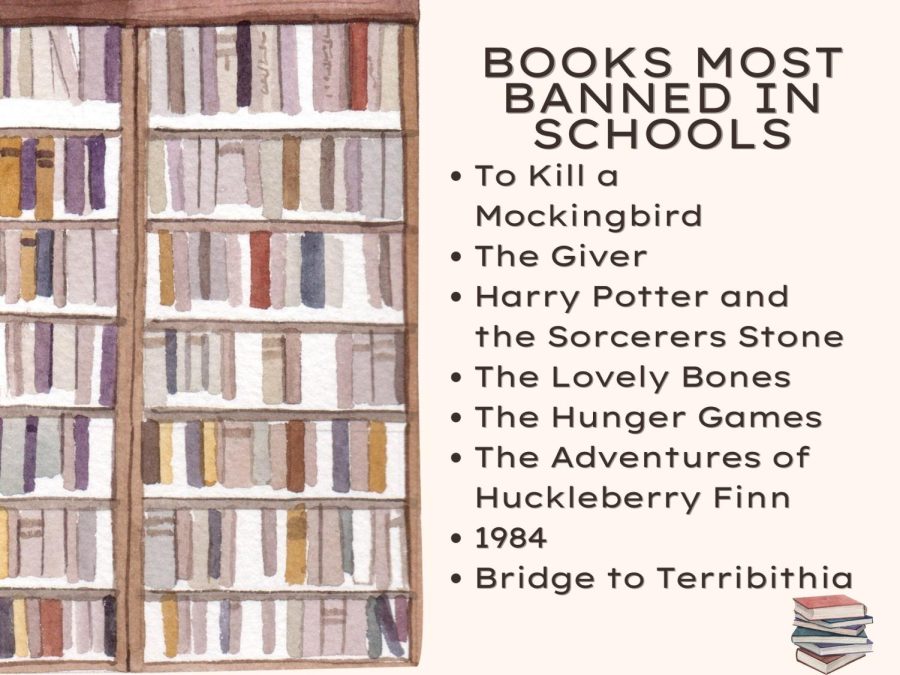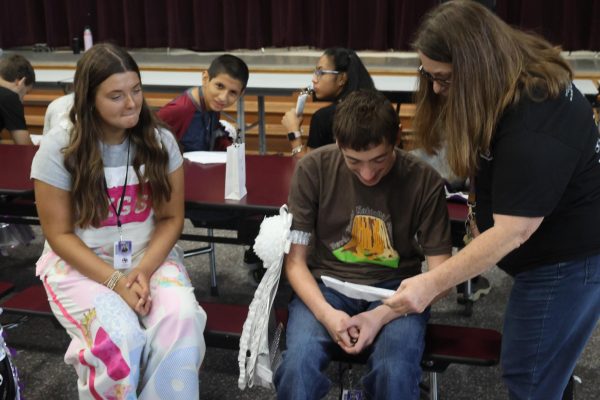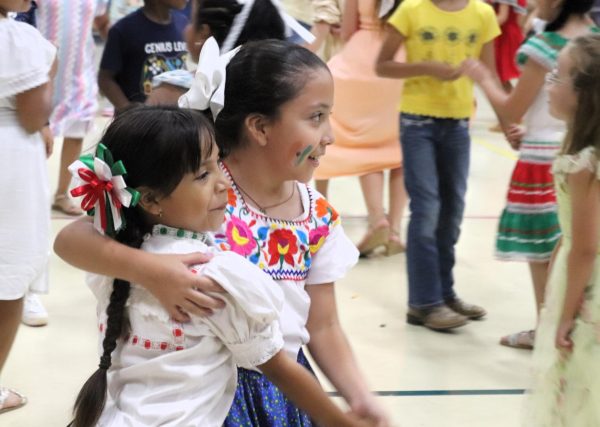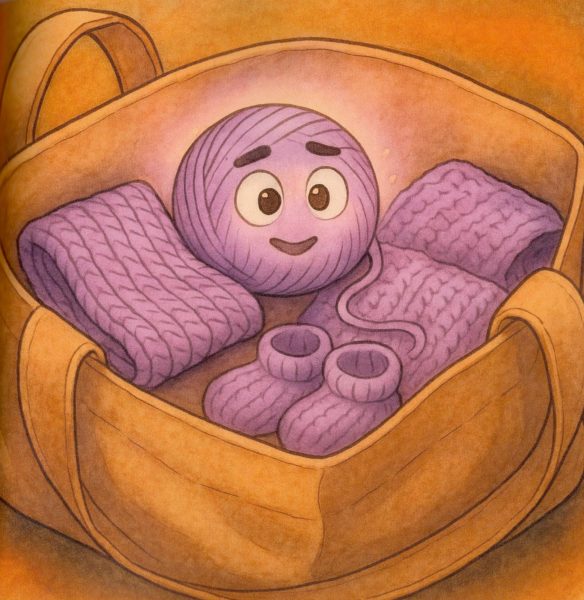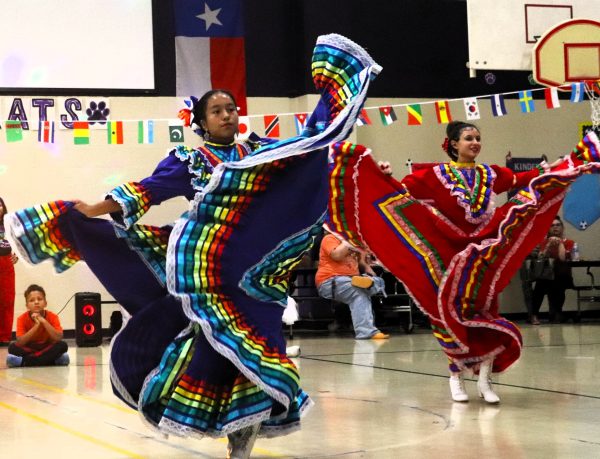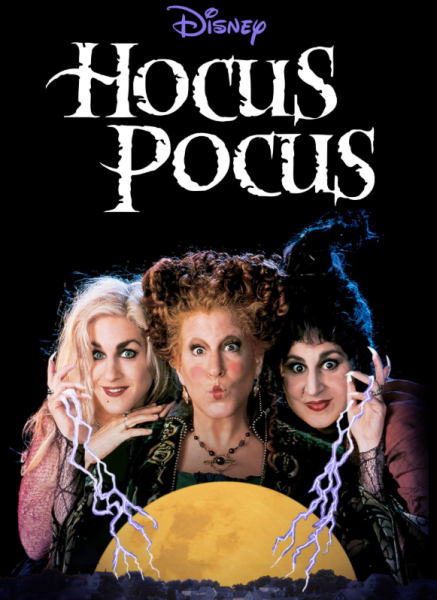Banned book week brings student rights into the spotlight
photo or infographic by Stone Chapman
BANNED CLASSICS. Many of the classics are banned in some schools. Texas leads the nation with the most banned books.
The library can save lives, those that feel left in the dark because of their experiences as a member of a certain group can find a relatable story that may help them see the light. However, there are people against providing materials that reflect the diversity on campus. Some organizations have taken action. Now there is a nationwide ban on books that contain specific “inappropriate” themes.
Every year, from September 18-24, the American Library Association sponsors a focus on censored literature.
“If you look at our student population, it’s very diverse, so my goal is to make sure that the collection in our library represents our students,” librarian Shawn Rhoden said. “If I were to purchase books based on the criteria of what is sensitive, some might see the choices as politically incorrect. That is actually against all representations of libraries. The library purchases books based on the school board policy. Therefore every book that someone might want to ban must go through that policy.”
The average high school student in the 21st century has gone through some sort of life-changing event that forced them to grow up sooner than their parents had to. Banning literature due to maturity level could be seen as futile.
“I believe that freedom of what we’re allowed to read needs to be way more accessible in high school because we’re not kids anymore,” senior Dillon Hopper said. “Some of us are actual adults. I feel like banning books is going against our first amendment right. They should not be banning books due to maturity level because thinking we cannot handle the content makes us feel like kids.”
The first objective the founding fathers had when they wrote the Bill of Rights was freedom of speech. Americans often pride themselves on their freedom, and the banning of books goes against the key principles that are set in stone.
“To ban a book is to ban education and information,” English III teacher Christina Henderson said. “This is the United States of America. It’s part of our freedom, if they start banning books we get closer and closer to communism. The decision to read should be up to the person, not the government. People who are usually behind the banning of books are ignorant to what is even in the writing. I may not like a book but, that’s not up to me to keep other people from reading.”
Literature brings forth a way for people to find things out about themselves. However, many of the books that may help them are on the chopping block.
“I don’t think that books should be banned because some people need them to have something to relate to,” junior Maddie Carroll said. “Nobody should feel alone because they don’t look like everybody else or act like everybody else. People that want to ban books do it because they think certain groups don’t fit into the social norms.”
Bibliotherapy is one of the ways people can heal mental illness. Finding books that one can relate to, expands their world and helps them realize they aren’t going through tough times alone.
“Reading a book is therapy to the individual because it helps a student know that they’re not alone in the world. There is a whole library full of authors that relate to them. How many students committed suicide because they didn’t have anything to support that they weren’t freaks? They’re human beings,” Rhoden said. “So many of the books that are banned focus on marginalized groups accepting themselves, without them, people make bad decisions. Books can help a student to understand that they are more than what society thinks.”
Your donation will support the student journalists of Willis High School. Your contribution will allow us to purchase equipment and cover our annual website hosting costs.


